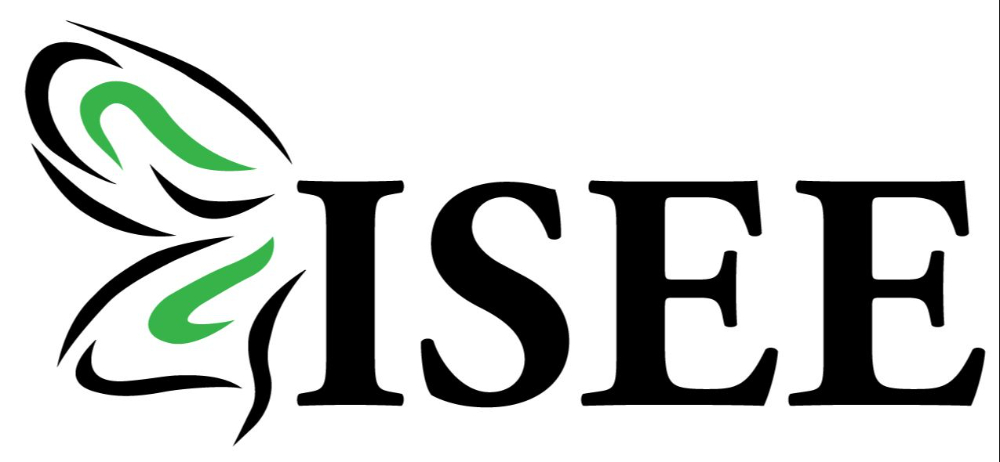
Muslim Sex Ed: Approaching Practices of Sex Therapy & Sex Ed with NorthAmerican Muslim People CE:1.5
Recorded webinars will only be accessible for 30 days after purchase
1.5 AASECT/ ISEE CEs
Course Description: Submissive. Oppressed. Conservative. Words consistently used to describe Muslim women in the age of mass Islamophobia. HEART Women and Girls will use a reproductive justice framework to discuss how stereotypes influence the lived experiences of Muslim people, deconstruct stereotypes of the Muslim American community, and present ways to provide culturally competent reproductive health care to Muslim patients.
Learning Objectives:
By the end of the session, participants will be able to
- Identify Muslim populations in the US and Canada.
- Discuss factors affecting Muslim American sexuality, sexual health, and reproductive health outcomes
- Recognize barriers in addressing sexual violence prevention and accountability in Muslim communities
Instructor: Sadia Arshad.
Transform Your Passion into Purpose. Become a certified Holistic Sex Educator or Therapist and make a real impact, click below to learn more.
Want to explore individual topics? Explore our comprehensive library of courses designed for growth and connection.
This program meets the requirements of the American Association of Sexuality Educators, Counselors, and Therapists (AASECT) and is approved for 1.5 CE credits and is considered asynchronous learning. These CE credits may be applied toward AASECT certification and renewal of certification. Institute for Sexuality Education & Enlightenment, Provider #11-113-C. Completion of this program does not ensure or guarantee AASECT Certification. For further information please contact ce@aasect.org.
Categories: Core Knowledge: Socio-Cultural Factors (C)
Instructor: Sadia Arshad
Sadia Arshad:
Born and raised in Miami, Sadia is a Pakistani Guyanese/West Indian Muslim woman with experience as a peer sex educator and reproductive justice advocate.
She never planned on being either of those things, but growing up, she saw reproductive and sexual health that made me really think about my identity and the ways these topics were silenced and shamed. As she grew older, she saw the silence and shame manifest, and she wanted to change that.
She didn’t really know what to do, so she started reading about sex on my own and what it means to have sex as a Muslim woman, a brown woman, and a brown Muslim woman. This, in turn, led her to work with some cool organizations, like Planned Parenthood, Fenway Health, SaheliBoston (a South Asian interest intimate partner violence organization), Advocates for Youth, the National Minority AIDS Council, HEART Women and Girls, and the Repeal Hyde Art Project. Sadia is currently a nursing student and hopes to work in women’s health when her studies are complete!



